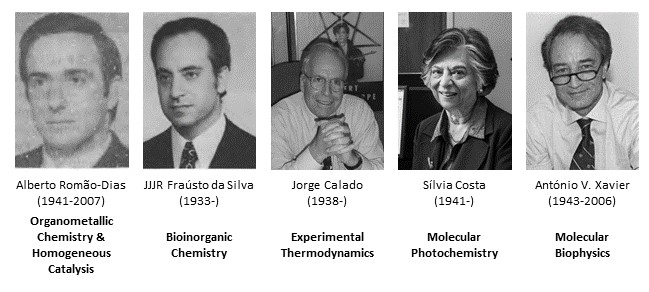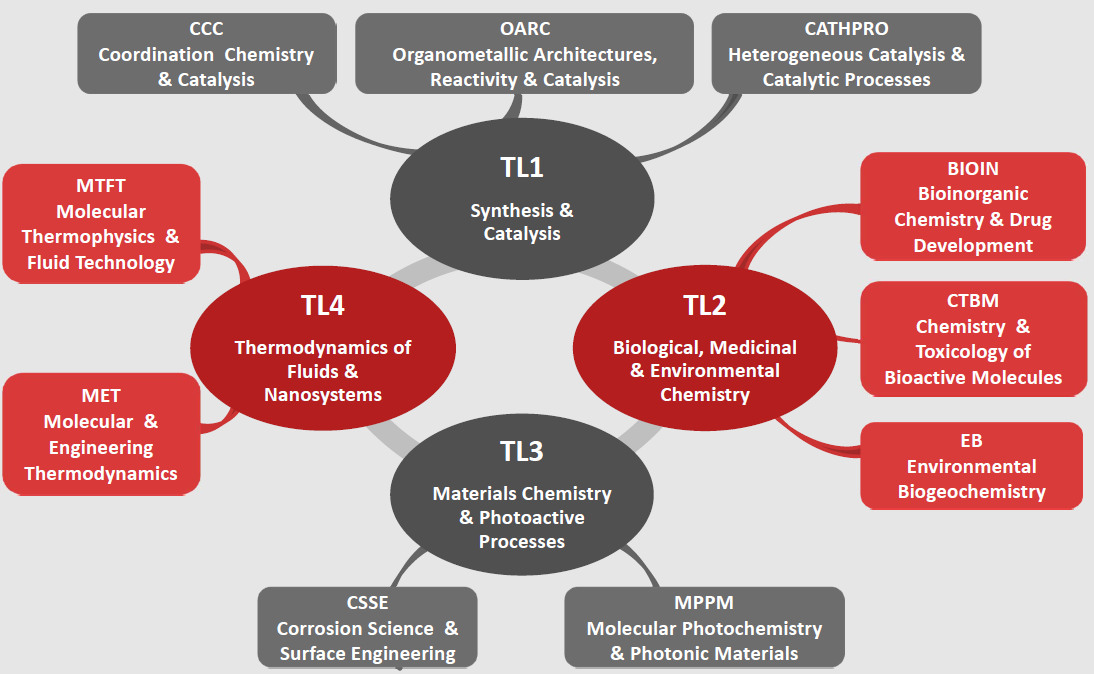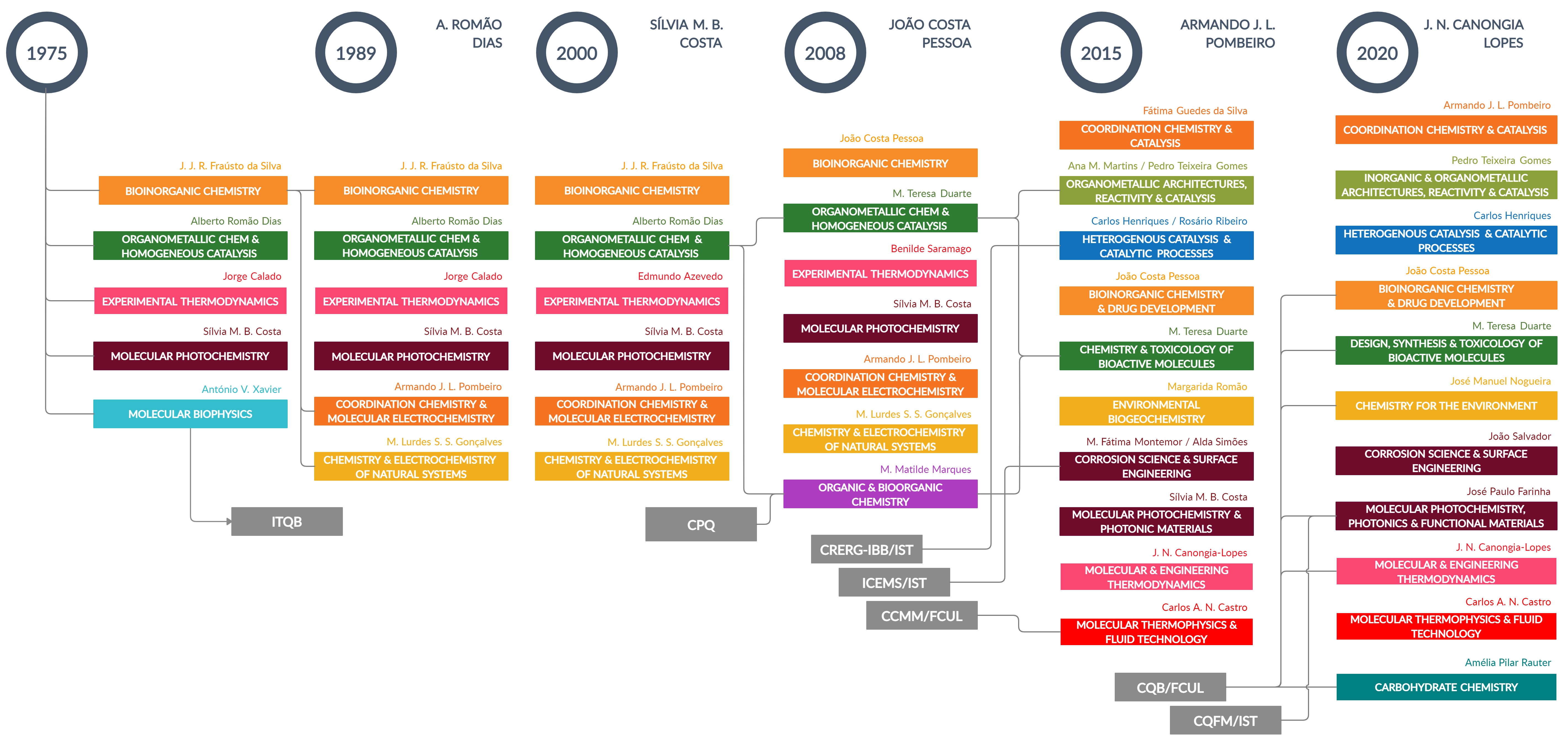
Welcome to CQE! Our Centre
Governance
CQE is organized in 4 thematic lines, aligned with CQE's mission of high-quality scientific research to solve important societal challenges that impact our era. Researchers are organized into 11 research groups, according to their common interests.
All researchers are part of the Scientific Council of CQE, from which the CQE general coordinator, the thematic lines' coordinators and the research groups' coordinators are ellected every two years. These coordinators are part of the Coordination Committee, which is the true link between the coordinator and the research staff. Each group coordinator is also assisted by a junior coordinator.
CQE's coordinator also nominates the Executive Committee to assist with management duties. You can find more information about the CQE management here.
Other organizative aspects of CQE include:
- Safety, which oversees safety issues in each campus (here)
- Image & Communication, managing the overall aspects of CQE's communication (here)
- Administrative Support, dealing with all aspects of CQE's daily paperwork (you can find their contacts here)
- Welcome Commission, responsible for welcoming new members and visiting students and researchers
You can check the overall organization of CQE in the scheme below.

Genesis & Evolution - A brief history of CQE
Centro de Química Estrutural was founded in 1975, with 5 research groups, each focused on a different area of chemical studies.

In 1986, Prof. António Xavier left CQE to found ITQB-Instituto de Tecnologia Química e Biológica and in the year 2000, CQE underwent its first reorganization into six groups. In 2007/2008 CQE reorganized itself again, in 7 groups, and this structure was maintained until the FCT evaluation of the funded R&D units in 2015.
It was the largest reorganization happening in CQE, so far, with the inclusion of 3 research groups from other IST research centres and 3 research groups from FCUL. The new structure is presented in the next figure.

At present, CQE currently gathers ca. 180 Integrated Doctoral Members and is organized in 11 research groups, within the following interconnected and flexible 4 thematic lines:
- Synthesis, Catalysis and Reactivity;
- Materials, Soft Matter and NanoChemistry;
- Sustainable Chemistry for the Environment, Energy and Manufacturing;
- Medicinal and Biological Chemistry for Health.
Hence, the Unit research reflects a wide thematic diversity where the research Groups are encouraged to collaborate in joint crossing-themes. The evolution of groups through these 45 years of CQE history can be seen in the following scheme.
A step further was taken in 2021, when CQE became a part of an associated Laboratory called “Institute of Molecular Sciences - IMS”, in partnership with the Chemistry research center from Porto University and the Center of Chemistry from the University of Coimbra.

